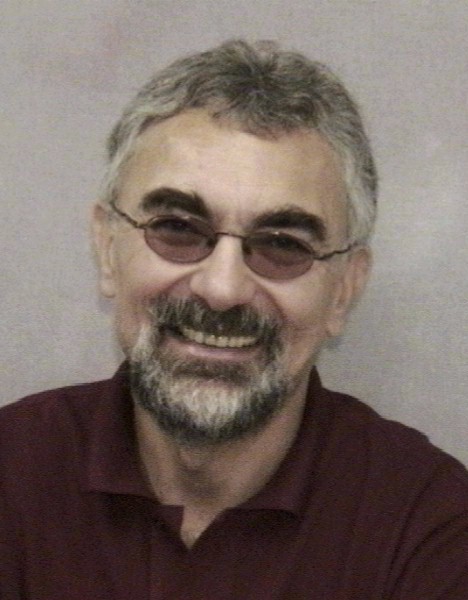
Lajos Hanzo
University of Southampton, UK
The Myths, Realities and Future of Machine Learning Aided wireless
Abstract
Abstract
It is always a challenge, but also a privilege to embark on 'crystal-ball gazing', when we try and predict the directions of frontier-research beyond the horizon. So, valued Colleague, let's just just that together!
Commencing on a broad note, let's adopt a light-hearted three-pronged approach, touching upon
A/ the performance metrics;
B/ the design and optimization tools and
C/ compelling solutions/applications;
Our research community is now poised to enter the era of designing Pareto-optimum systems, where - by definition - it is only possible to improve any of the above-mentioned metrics at the cost of degrading some of the others. Sophisticated bio-inspired, machine-learning and quantum-search assisted optimization techniques will have to be used for designing Pareto-optimum solutions with the aid of multi-component optimization algorithms, which tend to have a large search-space. We have some exciting research challenges ahead...!
Biography
Lajos Hanzo, received his Masters degree in electronics in 1976 and his Doctorate in 1983 from the Technical University of Budapest. In 2010 he was awarded the university's highest honour, namely the Honorary Doctorate "Doctor Honaris Causa". Since 1986 he has been with the University of Southampton, UK and in 2004 he was awarded the Doctor of Sciences (DSc) degree. During his 36-year career in telecommunications he has held various research and academic posts in Hungary, Germany and the UK. Since 1986 he has been a member of academic staff in the School of Electronics and Computer Science, University of Southampton, UK, where he currently holds the Chair in Telecommunications and he is head of the Communications Research Area. He is also a Chaired Professor at Tsinghua University, Beijing, China.
Lajos Hanzo has co-authored 20 John Wiley/IEEE Press books totalling about 10 000 pages on mobile radio communications, and published 1200+ research papers and book chapters at IEEE Xplore. He has also organised and chaired major IEEE conferences, such as WCNC'2006, WCNC'2009, VTC'2011, presented Tutorial/overview lectures at international conferences. He presented a number of named lectures and keynotes.
Lajos is also an IEEE Distinguished Lecturer of both the Communications Society and the Vehicular Society as well as a Fellow of both the IEEE and the IEE/IET, Fellow of the Royal Academy of Engineering (FREng). He is acting as a Governor of the IEEE VTS as well as of ComSoc. Lajos is the Editor-in-Chief of the IEEE Press. He has been awarded a number of distinctions, most recently the IEEE Wireless Technical Committee Achievement Award (2007), the IET Sir Monti Finniston Achievement Award across all disciplines of engineering (2008) and an Honorary Doctorate of the Technical University of Budapest (2010). His most recent paper awards are: WCNC'2007 in Hong Kong, ICC'2009 Dresden and ICC'2010 Cape Town.
Currently he heads an academic research team working on a range of research projects in the field of wireless multimedia communications aiming for flawless telepresence, supported by rich three-dimensional audio/video communications. His research is sponsored by industry, the Engineering and Physical Sciences Research Council (EPSRC) UK, the European IST Programme and the Mobile Virtual Centre of Excellence (VCE), UK. He is an enthusiastic supporter of industrial and academic liaison and he offers a range of industrial courses. For further information on research in progress and associated publications please refer to http://www.ecs.soton.ac.uk/people/lh and http://www-mobile.ecs.soton.ac.uk/newcomms/?q=node/168.